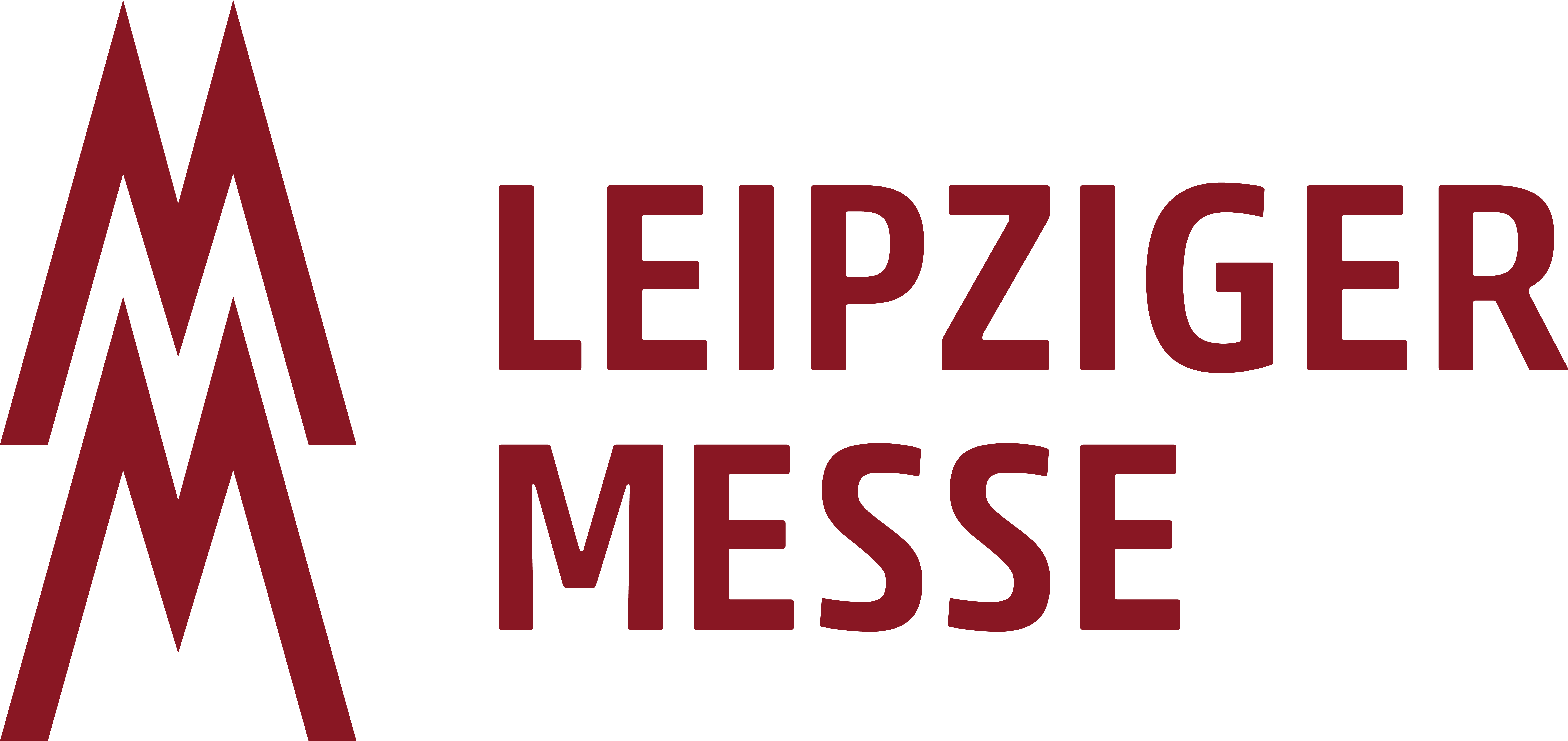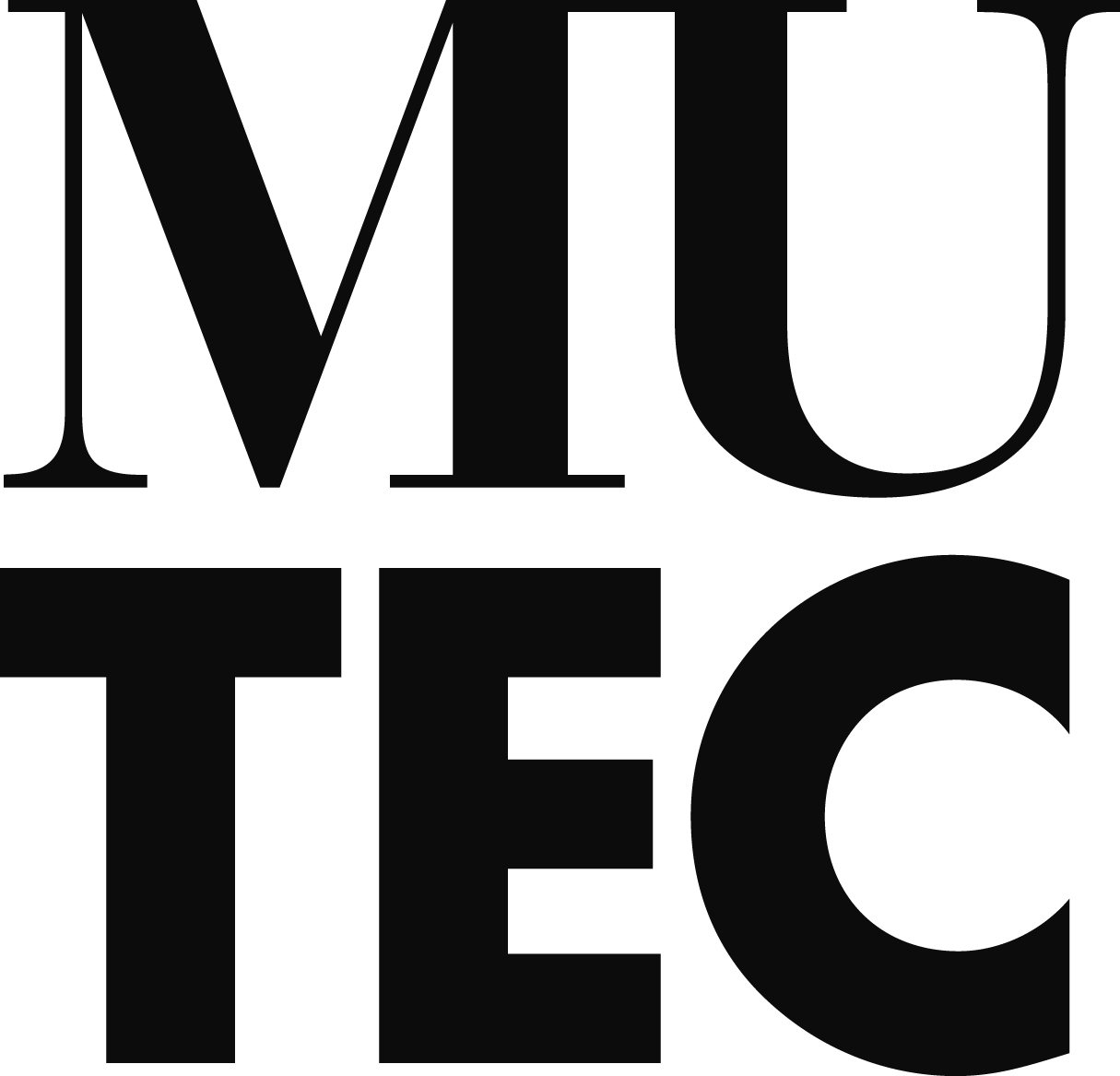News
News
denkmal 2022: Shining a Spotlight on Sustainability in Conservation and Restoration
Sustainable construction is becoming increasingly important, both from an ecological and an economic perspective, with conservation and restoration playing a particularly crucial role. After all, nothing in the construction industry is more sustainable than renovating and restoring a building in order to preserve it, continue using it or repurpose it. The industry's collective expertise, from system manufacturers and producers of environmentally friendly construction materials to providers of insulation solutions, sustainable floorings and paints, will be on display at denkmal.
Nelskamp will be unveiling a true innovation and world premiere at denkmal: its G10 S PV solar roofing tiles. Not only does this tile produce electricity reliably and efficiently, its harmonious, inconspicuous look means it can be readily integrated into a roof, even on a historic building. This makes it possible to unite building conservation with energy independence.
As one of the largest international system manufacturers in the field of building conservation, Remmers has exhibited at denkmal for many years. The company offers sustainable and proven solutions for facade repair, long-term building waterproofing and wood protection. This includes the use of compresses to desalinate natural stone and other mineral-based construction materials – a proven technique for significantly reducing damaging salts in a structure and increasing its lifespan.
Carbocon has also developed a sustainable, resource-efficient method. Known as CARBOrefit, this process involves taking a steel-reinforced building in need of restoration and repairing it with high-performance, carbon fibre-reinforced concrete. This method is associated with a reduction in resource usage of up to 85 per cent, a decrease in CO2 emissions of up to 52 per cent and an increase in service life of over 100 years.
Insulating Existing Structures: Ecological and Efficient
When preparing a building for a given use, there's no way around reliable insulation. This area more than any other has seen the development of many environmentally friendly products that visitors to denkmal can learn about. Xella, for instance, will be introducing its mineral-based Multipor insulating panels made from an ecologically responsible blend of lime, sand, cement and water along with a pore-forming agent. Another purely mineral-based solution is the Cerabran high-insulation, aerogel-based insulating plaster system from PROCERAM.
GUTEX will be presenting its environmentally friendly wood-fibre insulation materials and systems for facades, roofs and interior applications – all made entirely from regionally produced wood. Wolf Bavaria has developed an innovative soundproofing material for interior applications. Its PhoneStar acoustic panels are made exclusively from corrugated cardboard and sand. Preventing mould and regulating moisture are the specialities of Clima Redboards, which the redstone company produces from modified calcium silicate.
Sustainable Building Materials: Clay and Lime
Clay is without a doubt one of the world's most sustainable building materials. With its long tradition of use in construction, clay opens up virtually limitless possibilities and is therefore in the spotlight at the Lehmbau Trade Fair, held as part of denkmal since 2004. One of the largest manufacturers in this area is CLAYTEC, which has been producing and selling clay building materials that are climate-friendly, circular and free of pollutants since 1984. Lehmbau Leben, a company with a wealth of experience in all kinds of clay-building services, focuses mainly on plastering and masonry. Visitors to Lehmbau can talk directly to exhibitors or visit artisan demonstrations in the "Handwerkerstrasse" exhibition area to learn about the latest developments and the many innovative applications in the field of clay construction.
Lime plays an equally important role as a sustainable building material as it draws excess moisture from the ambient air and binds volatile pollutants, ensuring a healthy indoor climate. Hessler Kalkwerke, for instance, has been innovating and developing lime-based building materials for over 140 years. Another exhibitor at denkmal will be Zement- und Kalkwerke Otterbein, a company whose product portfolio includes natural hydraulic lime, historical lime renders and mortars, as well as renders made from lime and clay. The Kalk Concept company will be presenting a complete lime coating system consisting of materials such as lime paints, glazes, grouts and plasters.
From Hand-Made Floor Tiles to Natural Paints
The development of sustainable flooring happens at the intersection of time-honoured, traditional artisanship and innovative ideas. A prime example of this is the Attenberger Bodenziegel company, which produces hand-made flooring tiles from marine clay. Zahna-Fliesen is a small manufacturer offering truly bespoke quality, as its multicoloured, unglazed tiles are based on historical prototypes and produced by hand in small batches. Made of sand, lime and aggregates, Terrazzo from VIA is an exceptionally long-lasting, high-quality product. The B&B company will be at denkmal showcasing its custom, hand-made slabs and tiles made of fired clay.
Paints and pigments also offer a wide array of opportunities for adopting natural, sustainable products. In an elaborate manual process, for example, Kremer Pigmente turns raw materials into fine pigment powders, using paint formulations from past centuries to develop these into watercolours, colour pastes, oil paints and retouching colours. Also presenting at denkmal will be KEIMFARBEN, the leading specialist in mineral paints and recent nominee for the 15th German Sustainability Award in the Companies category. Other companies represented at denkmal include all-color F. Windisch, Beeck'sche Farbwerke and Kreidezeit Naturfarben.




